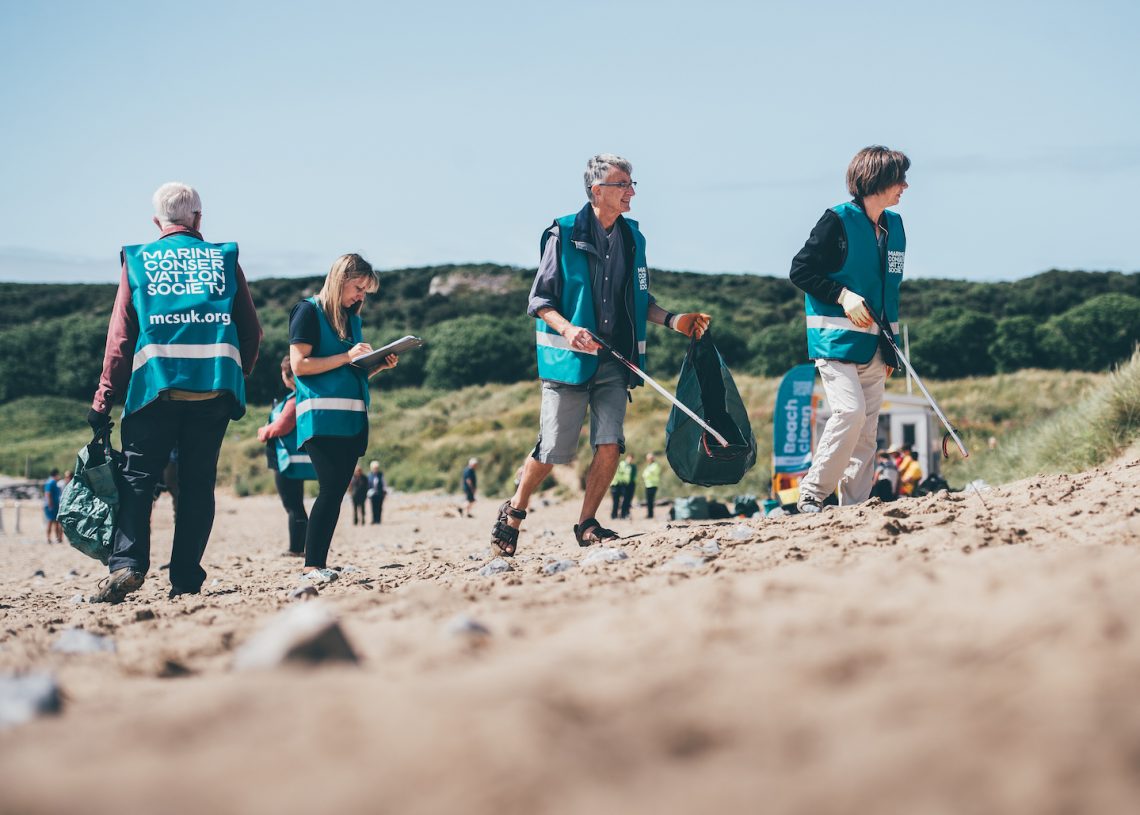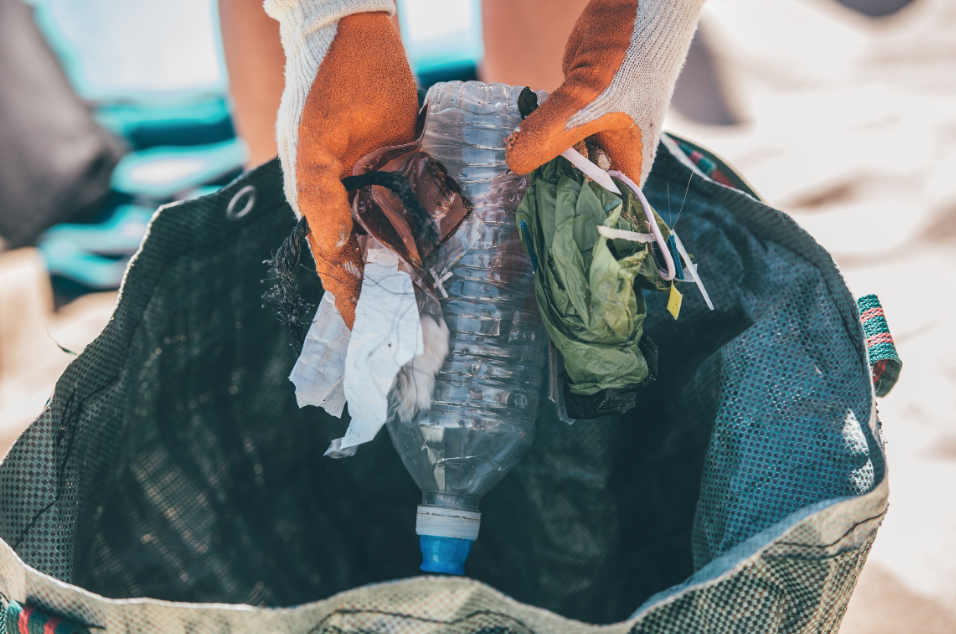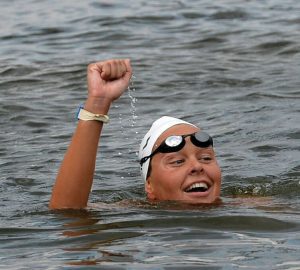
Join in this year’s Great British Beach Clean
The Marine Conservation Society’s Great British Beach Clean is back next month, taking place 15-24 September 2023 across the UK coast
The Marine Conservation Society’s (MCS) annual Great British Beach Clean is back, running from 15 – 24 September, marking the 30th year that thousands of volunteers will be taking part in beach cleans and litter surveys across the UK. Over 100 beach cleans have already been organised across the UK from Poltesco, Cornwall to Alness Point in the Highlands.
Additionally, the Marine Conservation Society’s Source to Sea citizen science project allows anyone to get involved, anywhere. Much of the pollution found on beaches makes its way there from inland, finding its way into streams, rivers or drains and ending up in the ocean.
The data collected on pollution by the coast, as well as inland, enables the Marine Conservation Society to campaign for positive change to protect the ocean, and has already helped implement plastic bag charges, better wet wipe labelling, and supporting a tax on single-use plastic items.
Clare Trotman, Beachwatch Officer at the MCS, said: “We wouldn’t be able to do the work we do at the Marine Conservation Society without the support of our volunteers heading out to the coast to collect vital information on what’s polluting our seas.
“With beach cleans happening across the UK, from remote beaches to busy seaside resorts, there’s so many ways to get involved and support us this year. If you can’t make it to the beach, you can still take part by doing a local litter pick and survey where you live.”
At last year’s Great British Beach Clean, 30 miles of beach were cleared and surveyed by 5,344 volunteers, collecting 141,048 pieces of litter. The amount of litter recorded across the whole of 2022 on beaches decreased by 11% across the UK and Channel Islands, compared to in 2021, with each UK nation seeing a reduction.

Some of the most commonly found items on beaches are from sewage discharges. Sewage-related pollution, often composed of plastics like period products and wet wipes, was recorded on 75% of beaches across the UK in 2022.
Dr Laura Foster, Head of Clean Seas at the MCS, said, “Sewage-related litter, like wet wipes and period products, is often a sign of a sewage discharge nearby. Sewage not only contains misflushed items but also a toxic soup of chemicals including ‘forever chemicals’ and pharmaceuticals. Entering our beautiful seas untreated, they wreak havoc with the ocean’s delicate balance. But it doesn’t have to be this way.
“The data our volunteers collect on sewage-related litter this year will help us understand the scale of the problem and keep fighting for sewage-free seas.”
At this year’s Great British Beach Clean, the charity is asking volunteers to take pictures of sewage-related items or sewage outlet pipes they spot during their clean. Volunteers can share pictures with the charity by tagging @mcsuk on social media and using the #SewageFreeSeas hashtag, or submit them to the charity via their website, to help show how pervasive the issue is.
Lead photo: Aled Llywelyn
To join the Great British Beach Clean visit mcsuk.org/gbb
Sign up to our newsletter for more environmental news.








